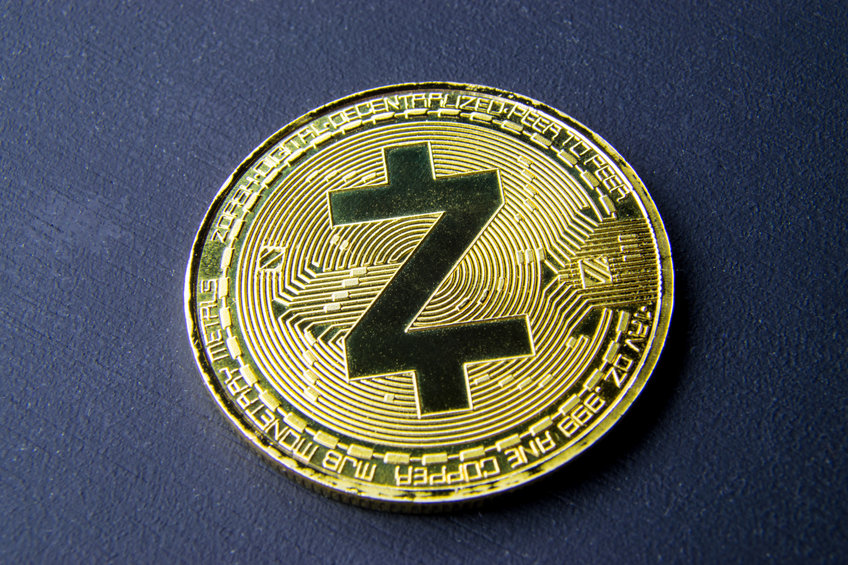
- ViaBTC controls more than 51% of Zcash hashrate, Coinbase said in a report.
- The mining pool’s control of over half of hashrate poses risk of a 51% for the Zcash network.
- Coinbase has taken measures to protect users, including increasing Zcash confirmation threshold to 110 blocks.
A report by the Coinbase security team claims that the network hashrate distribution for proof-of-work cryptocurrency Zcash (ZEC) is significantly imbalanced. Specifically, more than 51% of the hash power distribution is controlled by a single mining pool – ViaBTC.
Risk of 51% attack
Coinbase said in a blog post today that following the observation, its team moved to try to mitigate potential risks by putting in place several measures. With centralisation risks likely to emerge from this – a 51% attack in this case – the US-based company said it had increased Zcash transaction confirmation threshold to 110 blocks.
The increase means Zcash deposit time increases from about 40 minutes to 2.5 hours, with this intended to reduce the risk of network manipulation in terms of transaction double-spend or fraud.
Coinbase has also moved the Zcash markets “limit-only” as part of reducing potential impact of volatility. The exchange has also reportedly engaged both ViaBTC and Electric Coin Company, the developer group behind Zcash as it advocates for a more decentralised mining distribution for ZEC.
“We shared our concerns around the risks of mining centralization and provided recommendations for various options that either party could implement to reduce the risk of a 51% attack,” Coinbase’ security team wrote.
Zcash developer ECC acknowledged the concerns raised by Coinbase, confirming discussions had been undertaken.
ECC is aware of this issue, and we’ve had conversations with @coinbase, @ViaBTC, Zcash's security lead, and @ZcashCommGrants. IMPORTANT: #Zcash is a decentralized, open-source network with no “lead developer,” no “issuer,” and no org that controls it. 🧵 https://t.co/X2a16x4xDQ
— Electric Coin Co. (@ElectricCoinCo) September 19, 2023
A 51% attack in PoW blockchains can occur when more than 50% of the network’s computational power (hashrate) falls under the control of a single miner or mining pool. In this case, the entity can leverage the hash power to execute double-spend attacks or censor transactions in what could result in loss of user or exchange funds.
Some of the top 51% attacks to happen in the crypto space include Ethereum Classic, Bitcoin SV, Bitcoin Gold, Verge and Vertcoin.
ECC plans to move Zcash to a proof-of-stake consensus mechanism, a feat that Ethereum achieved with its Merge milestone in September 2022.
Moving Zcash to proof of stake is one of four key focus areas for ECC, and @nate_zec is dedicated full-time to PoS R&D with significant support from @feministPLT.
— Electric Coin Co. (@ElectricCoinCo) September 19, 2023

